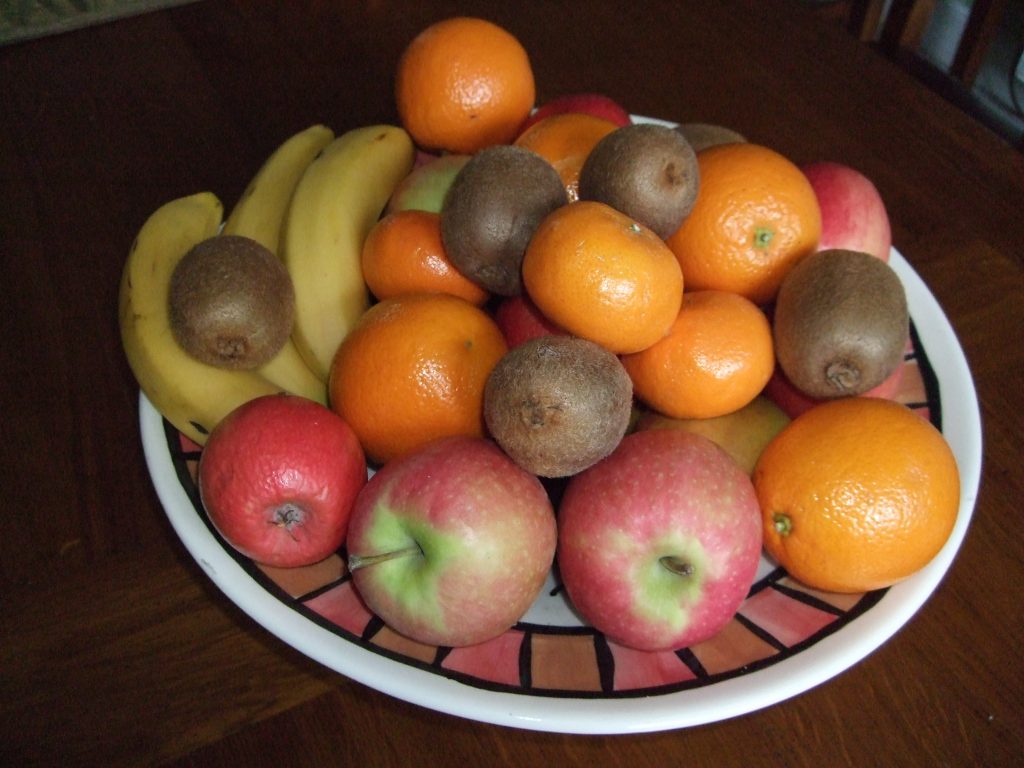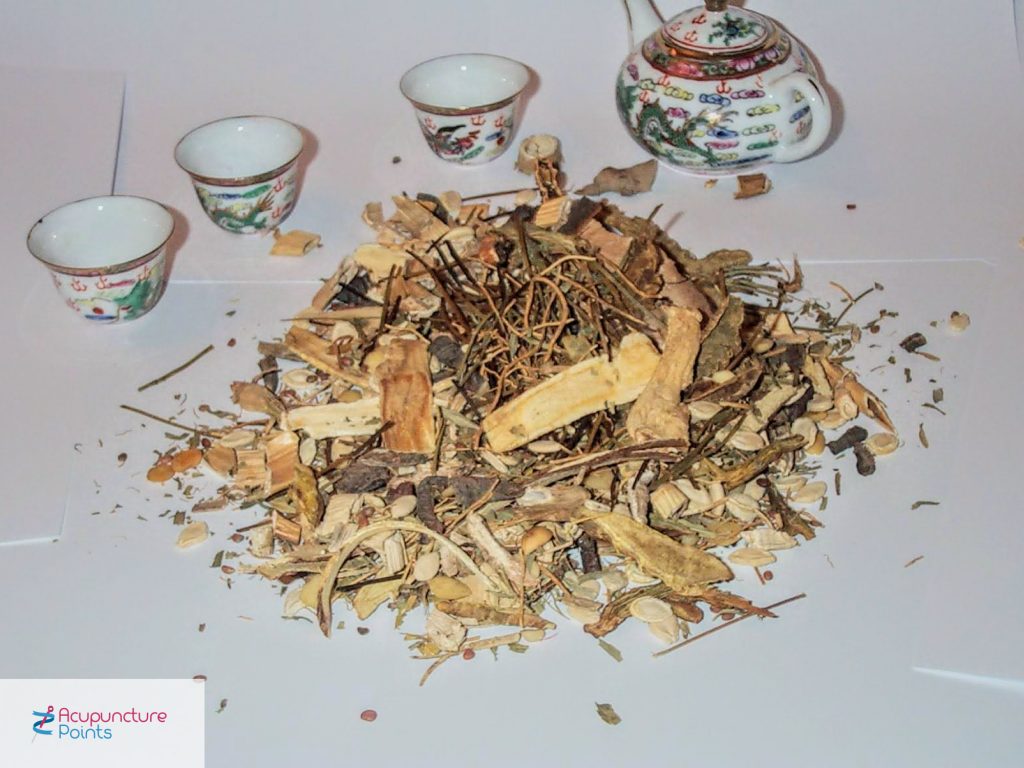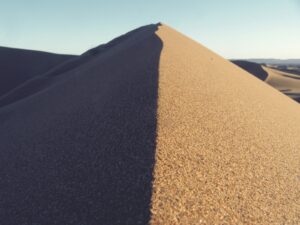Subscribe to the Newsletter
If you are interested in understanding how Traditional Chinese Medicine can improve your life sign up to my newsletter for the latest updates.

Breathlessness is not uncommon among people who are unfit or have lung problems. We tend to think of dogs panting, but actually, humans do it too, and not just athletes after performing or people who are anaemic after exertion.
If you often get breathless, your doctor may suspect asthma. If he suspects asthma you may find yourself prescribed various inhalers to ease your breathing.
These can be life-savers, but I hope the following may help you understand that there are other ways to understand your condition and why you’ve got it.
Once you understand why you are breathless you can do something about it, whether through lifestyle or diet, or with effective treatment.
Chinese medicine has encountered breathlessness for at least 2,500 years. We know that from texts they wrote. Probably these were compiled from experiences going back hundreds, perhaps thousands, of years before that.
The people who wrote these texts couched them in the manner of antiquity to make them seem more authoritative. They must have been unusually intelligent and observant.
Ever since, how to deal with breathlessness has been a major preoccupation in Chinese medicine.
So breathlessness is not a new condition and Chinese medicine has been treating it ever since.
Western medicine, on the other hand, has been treating it with modern medications for hardly 60 years. The (Western medicine) treatment often uses quite powerful drugs like cortisone, too much of which may eventually suppress your body’s ability to manufacture important hormones. That makes you ever more dependent on the drug.
The ideal in Chinese medicine may be to get you off all herbs and treatment. However, let us not forget the potentially life-saving nature of much of modern medicine!
Put aside any inherited predisposition for the moment. What else might trigger breathlessness: more important, what might have caused you to have it in the first place?
There are five main asthma causes in Chinese medicine.
On how fit we are depends how we survive illness.
Illness comes in various forms, and sometimes too vigorous a response by our bodies can be lethal. For example, a very high fever produced by your body may harm you, even damaging your brain.
Usually, high fevers don’t last long, because they use up too much energy: they can be exhausting. If the fever succeeds, the bug is killed and your body can return to health having vanquished the enemy. (Read more about this at Cope With Fever!)

Overall, over-strain, fatigue, long-term illness all drain your Kidney energy and are a prominent kind of asthma cause.
When Kidney energy is low, you become more prone to breathlessness: it becomes harder to catch your breath and to breathe in properly. Why? Because as an asthma cause, the Kidneys control how you breathe in, how you inspire. If they aren’t working properly, your ability to inhale effectively is compromised.
(By the way, your Lungs control your exhalation.)
And what about sex? Well, sorry men, this applies more to you! If you ejaculate too often, you may deplete your Jing essence. This weakens your Kidneys. Check our page sexual impotence.
If you are young and fit, this may not matter much, but eventually you will find that ejaculation affects your energy for a while, in some cases days, afterwards.
Because of the way your body is understood to work in Chinese medicine, if you have Kidney Yang deficiency, this may weaken your Heart-Yang function leading to an accumulation of fluids in your Lungs and Blood in your Heart.
This can then become serious if you later on you have an invasion of, for example, Cold, about which read more, below.
Also, since the Kidneys are the husbandmen of your constitution, if the latter is weak, or you have inherited a weak constitution, you will be more susceptible to Kidney function problems, like breathlessness.
Breathlessness is often caused by Phlegm in your lungs. Phlegm is a major asthma cause.
How do you get phlegm? Answer: from what and how you eat.
Everyone is different so the following may not include the foods that give YOU phlegm, but they include common asthma causes.
Please note! The following are not necessarily allergens for you. But they definitely produce Phlegm in many of us.

Just to reiterate: if you are healthy, just the occasional junk or ‘rubbish’ foods doesn’t much matter. Also, if you work hard, physically, outside, you can eat even more refined foods because your body will burn them up.
We’ve been evolving over lengthy periods of time, even millions of years, and our genes contain a certain amount of know-how when it comes to eating junk.
But modern manufacturers have learned how to make the foods that press our comfort-food need buttons. Junk foods eaten often or all the time become major asthma causes when they lead to the formation of phlegm.
What about if your work is mostly mental, or sitting? With few episodes to get out of breath, your posture will almost certainly be poor and the wrong foods will quickly upset your system, block your Lungs and disturb the proper working of your Spleen. You will also be breathing stale air which weakens your Lungs still more, making them more susceptible to attack by external hazards – see below.
When your Spleen energy is damaged, it can’t do its job of transforming and transporting fluids. These then concentrate down into a thicker fluid, eventually becoming Phlegm.

That Phlegm lodges in your Lungs, long-noted by TCM theory. That prevents oxygen entering your blood stream (and carbon dioxide from leaving it) so you find yourself panting to try to get more throughput. Your breathing becomes less efficient and you become breathless.
Usually you have to eat these foods for quite a while before your Spleen is damaged. Of course, these foods also tend to increase your weight, leading in some people to obesity which means your heart and lungs must work even harder to get you around: more breathlessness.
However, once your Spleen is damaged, you may find that any food eaten too quickly, or any meal too large for your body to digest at the time, or eaten when you are tired, is enough to add to the phlegm and worsen your breathlessness … and that’s even if the food contains none of the culprits mentioned above.
If you are Kidney Yang deficient, you should definitely take care to avoid cold foods, including dairy foods, raw foods, iced or chilled foods or drinks. and even fresh fruit, especially very sweet or chilled fresh fruit. Why? Because you lack enough yang energy properly to digest them. You’ll get phlegm.
Read more about Nutrition here, or the Spleen here. Again, here’s the link to Cold Foods.
Chinese medicine noticed well over 2500 years ago that emotional stress can be a cause of breathlessness.
This is how it happens.
First, any long-term worrying or grieving over past or present problems weakens your Spleen and Lung energies. This is not just because of the posture you get into when brooding. It’s because those mental moods have been observed to actually obstruct the proper functioning of Lungs and Spleen. How your Lungs and Spleen work has an effect on your Mind.
However, there’s an additional reason, in fact two of them.
If you are angry or frustrated, discontented, dissatisfied, offended or vindictive, what is called your Liver energy hits out precisely at your Spleen and your Lungs, further weakening them.
What then happens is that your Spleen’s ability to transform liquids is weakened, and your Lungs ability to descend Qi is compromised.
Then you get breathless.
Read more about this important asthma cause under Qi Stagnation. In fact, it is such an important asthma cause, and a cause of other problems too, that I wrote a book about it. See Reviews here.

For more about the meaning of these words see:
Putting them together you get:
In their original form these meant the elements, but now include wind and drafts, air-conditioning, heat and cold AND, importantly, what we now mean by colds, coughs and respiratory infections of various kinds: bugs!
In themselves, any of them can make you breathless. For example, Heat, especially if dry, can be very painful and make breathing difficult. Cold often causes pain in the chest, tightening you up.
All these are called external pathogenic factors, which just means environmental hazards that affect your health.
They can be serious. In childhood, unless properly dealt with, they can enter your system and permanently weaken it, making you prone to breathlessness even many years later when subjected to something similar. A series of these attacks can weaken the child’s constitution, making him more susceptible to attack later and inclining him to this asthma cause of breathlessness.
Even without an earlier episode, a severe attack of Wind-Cold or Wind-Heat can bring on breathlessness. This is just that bit more likely if you already have a history of it.
In Chinese medicine, it is important to get rid of the attacker properly. If you suppress your body from externalising the problem, for instance by taking suppressive medication for it, it may remain inside, festering and leading to something described as a remaining pathogenic factor.
That can cause further problems later in life. In effect, the remaining pathogenic factor blocks the natural flow of Qi, especially Lung Qi, and that causes breathlessness.
It gets worse! That remaining pathogenic can be imprisoned by subsequent episodes of Wind-Heat or Wind-Cold. As it festers it turns normal bodily fluids into Phlegm which also causes breathlessness and
So, you may think that the odd cold or cough isn’t too serious.
But in susceptible individuals, especially infants, children and people weakened by disease or age, the odd cold can adversely affect their health for years. Each such cold could then become an asthma cause.
Unfortunately, infants and children are sometimes fed, or won’t eat anything other than, sweet foods and refined foods, which also weaken them and tend to make them put on weight. So, being heavier, they are less inclined to take exercise and open their lungs, more inclined to eat more, and so more susceptible to invasion and long-term breathlessness.
Of course, nowadays, we expect modern Western medicine to remove our symptoms, by the use of ventilators, nebulisers, inhalers, cortisone-like hormones and so on. How lucky we are to have them!
But actually, all such medications have secondary effects, not necessarily noticeable at the time, but ultimately deleterious. For more about this, click Primary and Secondary Actions.
And nearly all modern medication is suppressive.
As you will realise now, there are five syndromes in Chinese medicine behind breathlessness that may be diagnosed as asthma causes.
As your breathlessness becomes more chronic or worse, you will tend to get more of these syndromes at the same time.
On a number of times I have treated people with all the above syndromes. Some of them were taking as many as 16 different medications, plus a nebuliser permanently on the face over the mouth, day and night. This is not a happy state to be in.
Were these patients treatable? Yes, but with difficulty, because the drugs masked the symptoms, making identification of syndromes more difficult. Since Chinese medicine treats syndromes, this makes treatment less easy.

Also, although acupuncture can treat all these kinds of syndromes, usually herbs (Chinese herbs) are better for chronic Phlegm. But I, at least, am reluctant to prescribe herbs when someone is taking 16 forms of medication, in case of confusion or worse. |
For more on all this, you may like to look at:

Stay in Touch!
No spam, only notifications about new articles and updates.

Book a Video consultation if you want to know more about your symptoms

This Introductory Chinese medicine course introduces you to the amazing thinking behind this ancient medicine, now increasingly in demand.

The Scottish College for Chinese medicine provides introductory courses for all, explaining Chinese medicine and its cultural background.

Master Tung’s acupuncture is a hidden treasure, lost to China but recovered in Taiwan from where it spread round the world.

Knee pain has five main causes. It’s certainly worth trying acupuncture before you resort to surgery!
Subscribe to the Newsletter
If you are interested in understanding how Traditional Chinese Medicine can improve your life sign up to my newsletter for the latest updates.
Subscribe to the Newsletter
If you are interested in understanding how Traditional Chinese Medicine can improve your life sign up to my newsletter for the latest updates.